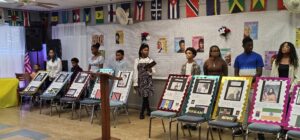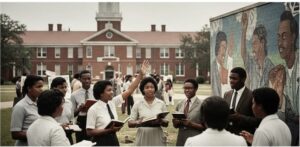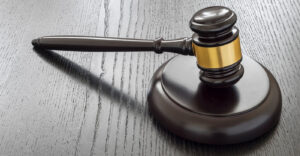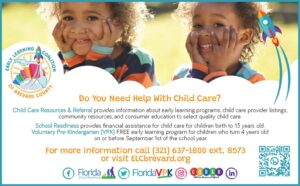Caribbean Heritage Month and Its Importance to African American History
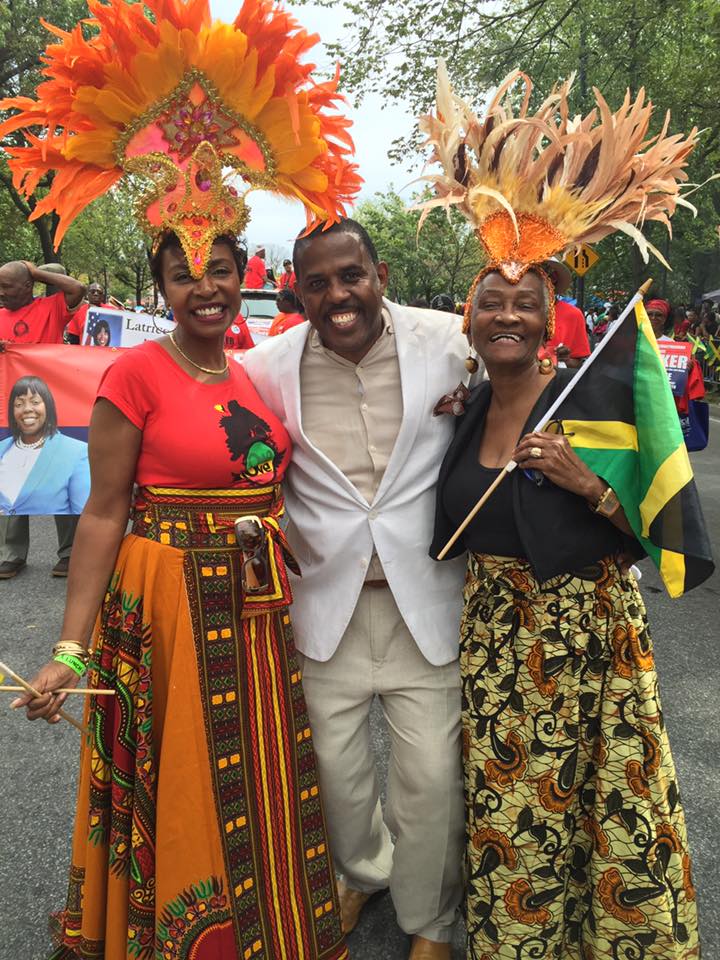
In This Photo (L-R) – Congresswoman Yvette Clarke, Senator Kevin Parker and The Honorable Dr. Una Clarke.
By State Senator Kevin Parker
Life Needs The Caribbean! So read the tagline of a full-length commercial that ran in frequent rotation on national network television a couple years ago. The declaration was made against a backdrop of scenic images of the idyllic blue waters of the Caribbean Sea. For further emphasis, the rhythmic sounds of “island music” were heard in the background.
Though there has been a monumental movement toward change, the fact is that in the past, there was a lingering perception that the Caribbean is music, sea, sand and surf. This view was reinforced by the strong cultural distinctiveness that Caribbean people maintained since migrating to the United States. Hence, when Marcus Garvey was celebrated during Black History Month, it was as a black hero and not as a Caribbean American contributor. Or when America celebrated the achievement of General Colin Powell as the first Black to attain the position of Secretary Of State, his Jamaican heritage was barely a whisper.
Thankfully, this climate has drastically evolved and with the emergence of Caribbean Heritage Month 12 years ago, a new paradigm by which the contributions of Caribbean Americans are evaluated has emerged. Now, a classroom without walls exists in which we not only just discuss, but celebrate the achievements and contributions of people like Alexander Hamilton,one of the Founding Fathers of the United States and the first Secretary of the Treasury and Bertram L. Baker, the first Black elected to the State Legislature from Brooklyn who were both born in Nevis. We also celebrate the Caribbean roots of Hulan Jack, the Harlem politician who in 1953 became the first Black Borough President of Manhattan.
For yet another year, the commemoration of June as Caribbean American Heritage Month reminds us that our greatness lies in our differences as we recognize the significance of Caribbean people and their descendants in the history and culture of the United States. In addition, by producing America’s largest heritage street festival that attracts people from every corner of the globe to Eastern Parkway, the Caribbean American community has shown us not just the beauty, but also the strength in diversity. However, the Brooklyn Labor Day Carnival Parade is just a microcosm of who Caribbean Americans are as a people. Their essential contributions in business, politics, education, literature, the arts, medicine, science, sports, the military and religious endeavors rise way above the din of the reggae, calypso, or kompa music we have all grown to love.
As a State Senator representing one of the largest concentrations of Caribbean Americans in the State of New York, I am proud of our Caribbean political trailblazers like Basil Paterson, former Secretary of State and Deputy Mayor of the City of New York. Who could ever forget my second mother and Brooklyn’s own, Dr. Una Clarke who was the first Caribbean American person elected to the New York City Council. Her daughter, the dynamic Congresswoman Yvette Clarke, is too a significant Caribbean American political contributor who has followed in the footsteps of her mom and the Honorable Shirley Chisholm – the first Black woman elected to Congress. Moreover, I am proud of being an integral part of the election of David Paterson as the first African American Minority Leader of the New York State Senate who subsequently created similar history as Governor of New York State. In the same vein, I am happy to serve alongside long standing State Legislators like Assembly members Nick Perry, and Herman “Denny” Farrell – both of whom are of Caribbean ancestry.
New York City has the largest concentration of Haitians in the United States, as well as the oldest established Haitian communities of the country. The district that I am honored to serve bears the largest Haitian population in the State of New York. It is therefore significant that in the past five years we have witnessed an upsurge in the election of State Officials of Haitian ancestry like Rodneyse Bichotte, Clyde Vanel, Michaelle Solages and Kimberly Jean-Pierre, who all serve in the New York State Assembly. Other Caribbean American elected officials contributing to the health and vitality of our communities include State Senator Roxanne Jacqueline Persaud, and State Assembly member Diana Richardson.
Numbering conservatively at some 3 million by the U.S. Census, or just over 9 percent of the total foreign-born population according to the Migration Policy Institute, the Caribbean population in the U.S. has surged more than 17-fold over the past half-century. Therefore, the time is rife to balance past inequality and put a face on the sweeping contributions made by Caribbean Americans to the building of American society.
It is said that the greatest legacy we can leave for our children are roots and wings. Caribbean American Heritage Month accomplishes both of these ends. And by reconstructing an environment of social equality, the spirits of generations of great Caribbean men and women will continuously be elevated and live on.


